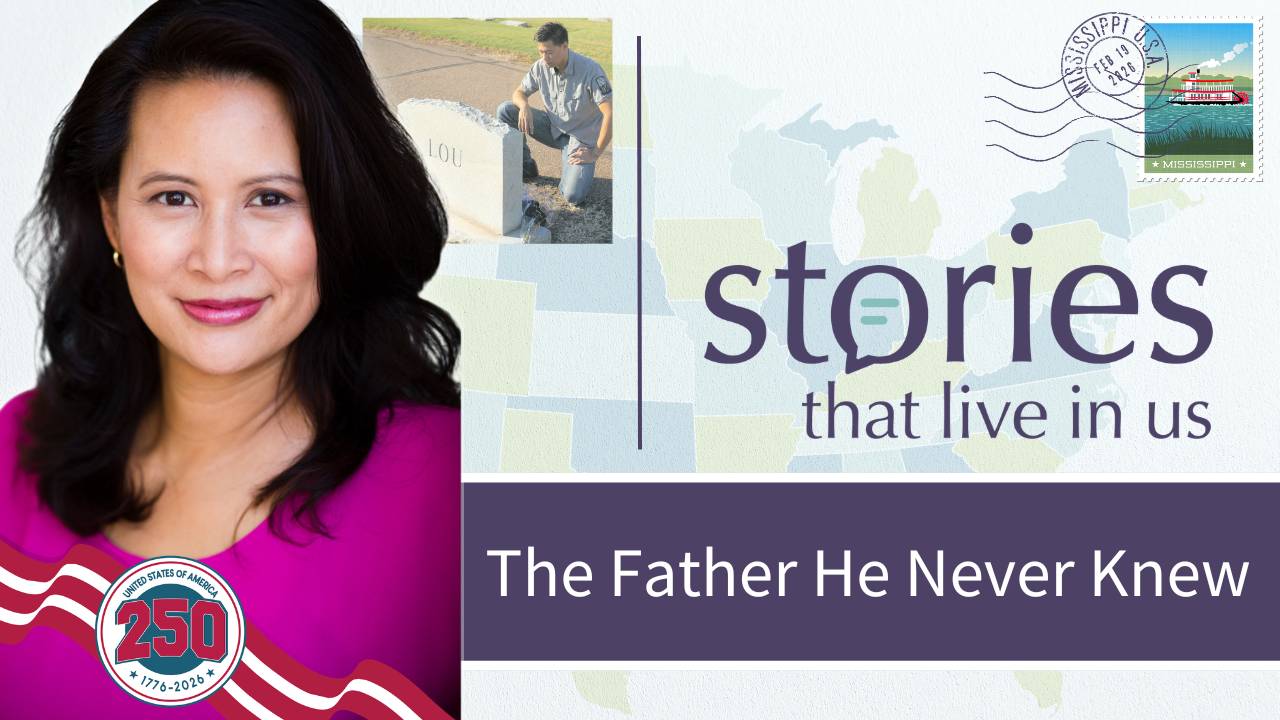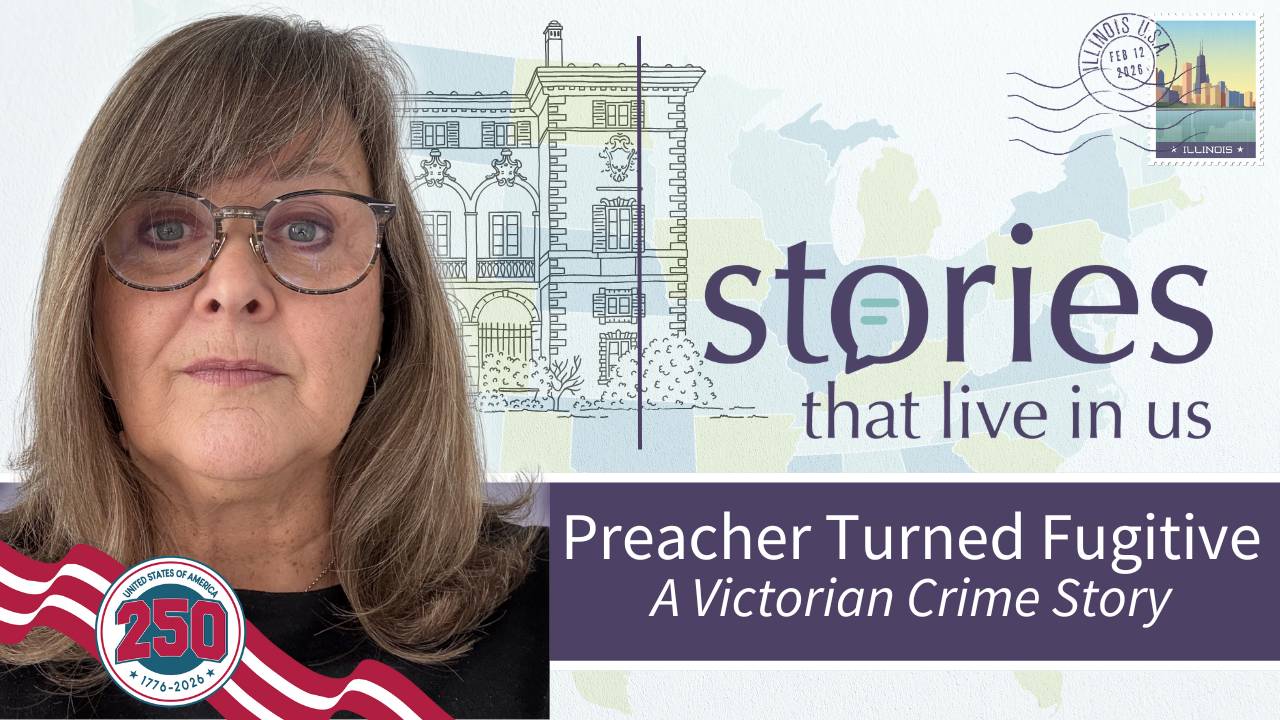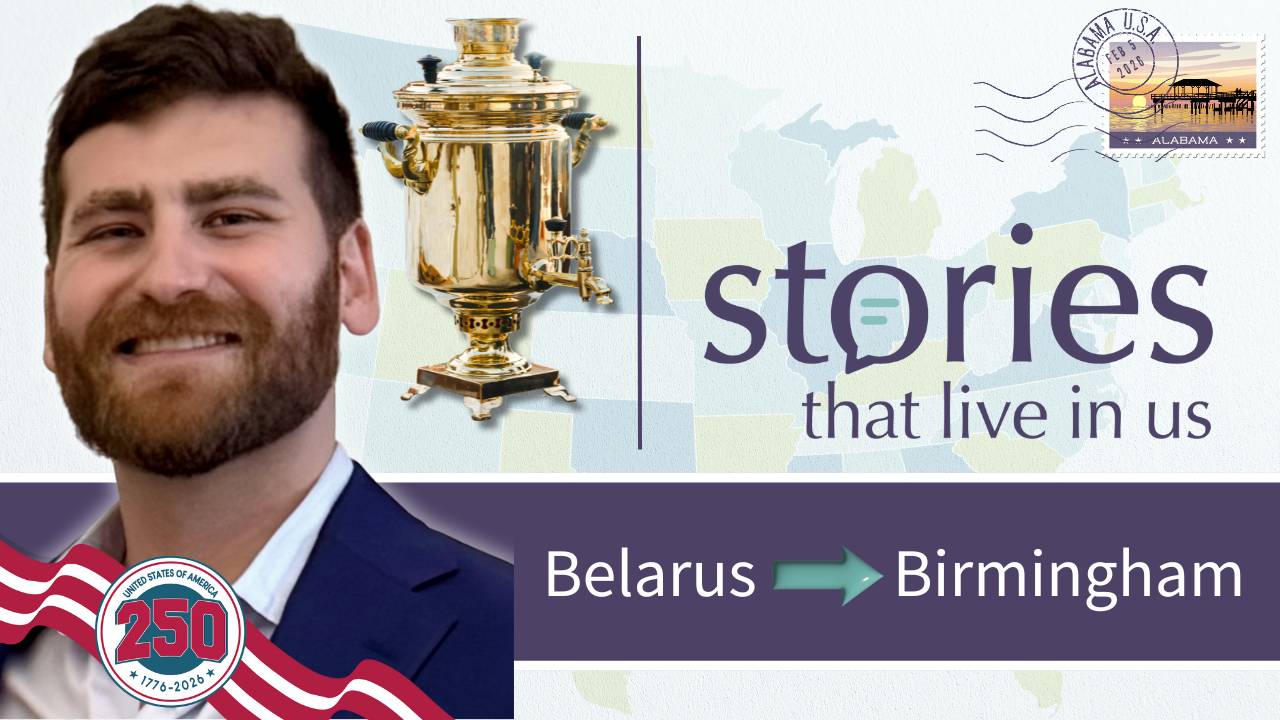I Questioned the Story. Turns Out She Questioned Her Faith.
Aug 01, 2024
There's a moment in family history research when a simple question can unravel everything you thought you knew about a particular story you’ve been told your whole life. For me, that moment came while investigating my ancestor Margaret Lawrence.
"I'm fascinated by this concept of how story gets transmitted over time and how it either remains the same or doesn't, what pieces we choose to share, what pieces we automatically, almost subconsciously, fill in the blanks with..."
The story I'd grown up hearing about my 6x great-grandmother painted her as a poor girl who stole bread to survive in the harsh streets of London before being shipped off to America like a common thief. It was the kind of tale that made me imagine Oliver Twist-style adventures and Jean Valjean-style hardship.
It was a tale that, while sad, had a certain romantic quality about it - the girl who found her way to America and became our family’s founding mother.
But as I dug deeper, questioning each detail of that childhood story, I discovered the truth was far more complicated - and far more revealing about both her life and how families preserve and transmit stories across generations.
From Simple Story to Complex Truth
The more I questioned, the more the romanticized version began to crumble. Through court records, prison logs, parish registers, and DNA evidence, a very different Margaret emerged. She wasn't a starving street urchin at all, but a young woman whose life changed dramatically when she made the bold choice to question her family's faith.
"...to put myself in that position and to imagine her and the fear she must have felt. It changes my perception of the story that I heard as a child."
Born in 1709 in the village of Wem, Shropshire, Margaret grew up in what seemed to be an idyllic market town where the Church of England held powerful sway over daily life. But at eighteen, she made a choice that would alter not just her own destiny, but that of thousands of descendants: she left the Church of England. Her parents' response was swift and severe – they cast her out of their home.
What happened next was even more heart-wrenching.
The Whole Story
If you haven't already heard Margaret's full journey from faith to survival, take a moment to listen:
Prefer audio only? Click here to listen on your favorite podcast app.
🎧 Listen to the full episode to discover:
- How an 18-year-old's crisis of faith set off a chain of life-altering events
- The real circumstances that landed Margaret in London's Newgate Prison
- What DNA evidence revealed about her life in colonial Virginia
- How her story was transmitted through generations despite her early death
- The surprising way details change as stories pass through time
- What Margaret's legacy teaches us about resilience and survival
The Power of One Story
Margaret's story reminds us that questioning – whether it's questioning our faith, our family stories, or our assumptions – often leads us to deeper truths. When I discovered that Margaret had been kicked out of her home for questioning her faith, suddenly every other part of her story took on new meaning. Her desperate choices in London, her imprisonment, her transport to America – all of it stemmed from that initial moment of standing up for what she believed, even at great personal cost.
"I think there's something about recognizing and honoring that people went through hard things and people survived hard things. Margaret didn't. She died, but her sons survived..."
From those two sons, more than 50,000 descendants now trace their lineage back to Margaret. Each of them carries a piece of her story – a story that began with one young woman's courage to question what she'd been taught to believe.
Your Story
Think about the family stories you grew up hearing. What questions haven't you dared to ask? What truths might be waiting to be discovered in court records, newspapers, or DNA matches? Sometimes the most difficult stories to uncover are the ones that teach us the most about who we are and where we come from.
Story Seeds 🌱
Plant these conversation starters and watch your family stories grow.
- What family stories did you grow up hearing that you've always wondered about? Have you ever heard a different version of events?
- How do the stories in your family change as they're passed down through generations? What details get added or removed?
- When you learn difficult truths about your family's past, how do you decide what details to share with the next generation?
- What choices did your ancestors make that seemed small at the time but had huge impacts on future generations?
Story Sparks 🔑
Unlock your family's hidden stories with these research techniques.
- Use your AncestryDNA matches to test family legends. Look for matches who descend from the same ancestral line and compare their versions of family stories with yours.
- Create a timeline in your Ancestry tree that includes both personal events and historical context. Sometimes the answers lie in understanding what was happening in the world around your ancestor.
- When searching Newspapers.com, don't just look for names – read the headlines of the day in your ancestor's community. The context can help you understand their choices.
- Pay attention to religious records. Parish registers, religious directories, and church newsletters often contain crucial details about family relationships and community connections.
Margaret's story reminds us that every family tree contains complex tales of questions asked and prices paid, of choices made and legacies created. The stories we tell about our ancestors – and how we choose to tell them – reveal as much about us as they do about them.
Ready to discover what unexpected stories might be hiding in your family tree? Subscribe to Stories That Live In Us wherever you get your podcasts. And if this episode touched your heart, please leave us a rating and review – it helps other family story seekers find us.
© 2024 Crista Cowan. All rights reserved.







